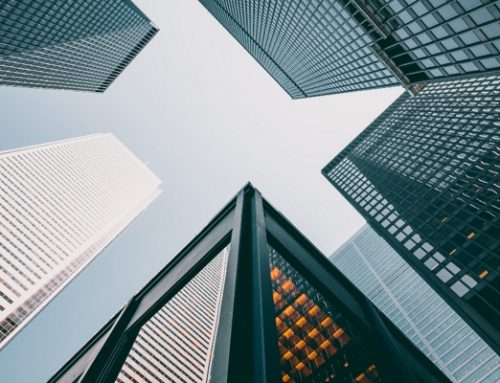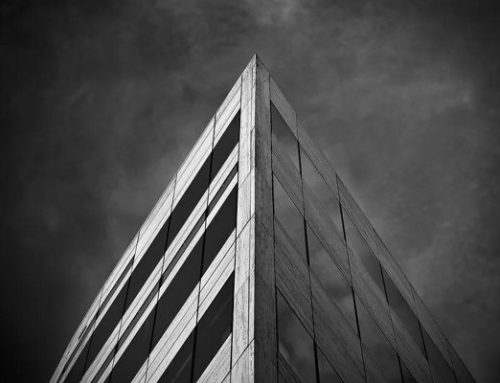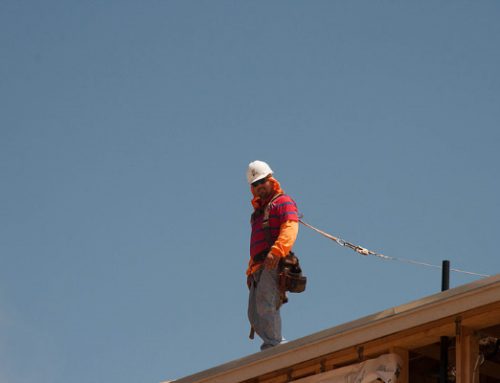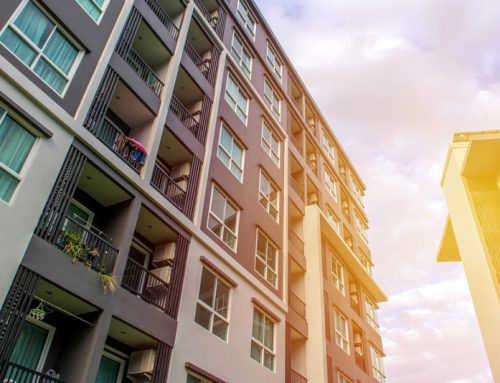Deciding on which type of roof to install is one of the things that commercial building owners in Toronto take into consideration. When it comes to a specific roofing type, they’re often concerned about its lifespan. “How long will this roof probably last?” is a question that almost always comes into mind.
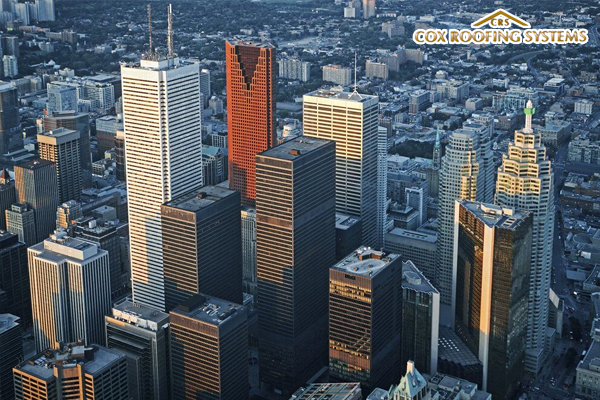
While a commercial roof has a predetermined lifespan, there are other factors that come into play that affect its longevity. These factors that speed up the deterioration of a roof that prompt an early roof replacement are the following:
- Material
First of all, when choosing a roof type, consider whether its material is built to withstand the type of weather you have in your location. There are roofing materials that can resist the damaging effects of changing temperature and elements like hail, strong winds, sun, and rain.
- Maintenance
Keeping up with a good maintenance schedule is essential to making your roof last longer. There are commercial building owners who simply neglect getting a regular inspection unless their roof incurs serious damage. You may not realize it but even a once-a-year inspection can help mitigate damage and extend its lifespan.
- Workmanship
No matter how expensive or durable your roofing material is, wrong installation can cause it to fail prematurely. Signs of a bad roofing job include leaks, inadequate insulation, and faulty drainage and flashing. Again, premature deterioration prompts an early roof replacement.
How Long Does a Roof Last: Typical Lifespan of Different Roofing Types
If you want to know the expected lifespan of a certain type of roof in Toronto, below is a quick guide to help you choose the right roof for you.
- Metal Roofing – 50 or more years
Metal roofing systems that are properly installed are known to last up to more than 50 years. The reason is that metal roofs are extremely durable. They resist strong winds and are known to be inherently fire resistant. Since heating and cooling consume 30% of your building’s energy, installing a metal roofing will help you save on utility bills.
One thing that people do not like about metal roofs is that they tend to be noisy when it rains. Metal roofing is also prone to denting when hit by hail.
- Modified Bitumen Roofing – 10 to 20 years
The life expectancy of a modified bitumen roof lasts from 10 to 20 years. This is an asphalt-based roofing system that’s often installed as a two-ply system. There are certain things that shorten the life of a modified bitumen roof and among them are ponding water (after a rain), foot traffic, accumulation of leaf debris, and the orientation of the roof’s surface.
Although a modified bitumen roof does not last that long, it does not require a lot of maintenance. This roof also safeguards your building from leaks or moisture damage as well as heat. As a result, you’ll be able to save with energy consumption.
- EPDM (Ethylene Propylene Diene Monomer) Roofing – up to 50 years
The EPDM roofing system is made out of synthetic rubber. Since this material naturally expands and contracts, it is less susceptible to breakage when faced with changes in temperature. The thicker the EPDM roofing, the longer its lifespan. The surface of this roofing system is smooth and does not have any surface granules.
Because of its unparalleled resistance against fatigue, hail, and UV radiation, it has been considered as the roofing membrane that is built for all climates. There is no special maintenance that is needed to prolong the life of an EPDM roof. However, you only need to inspect it from time to time to remove debris and leaves.
- Spray foam insulation – In place for life
Spray foam insulation has an indefinite lifespan. This amazing benefit ensures that commercial building owners have peace of mind for as long as they run their business. Spray foam insulation needs to be carefully installed by trained professional roofers in order for all gaps and holes to be tightly sealed.
It does not deteriorate over time and has no value for bacteria or living organisms. You wouldn’t have to worry about this roofing material decaying. Since spray foam forms an airtight seal, it is impenetrable to air and water. This effect on your building is manifested by zero leaks, less noise, cooler temperatures, and lower energy costs.
- TPO (Thermoplastic Polyolefin) Roofing – up to 50 years
Another flat roof membrane with similar benefits to EPDM is TPO. TPO has UV and heat-resistant properties which make is a great choice for owners who want to save on energy, have cooler temperatures, and avoid moisture problems like mold growth. Another advantage of TPO is that it is fairly easy to install.
The only concern that people have with TPO is that it is new in the industry. Having been around for about 10 years, manufacturers are still in the process of coming up with and testing newer formulas to make sure that it lasts longer and resists failures.
Do You Need a Roof Replacement?
Can you identify the signs that indicate your need for a new commercial roof or roofing repair in Toronto? Here are some problem areas that you should note:
- Blistering or alligatoring on roofing surface
- Corrosion
- Ponding
- Leakage
- Annoying odors and mold growth inside the building
- Your roof’s age
- Damaged flashing
Cox Roofing is here to help you effectively deal with your roofing concerns. Whether your goal is to reduce your energy expenses, enjoy a greener roof, or achieve a low-maintenance roof, simply get in touch with us so we can meet your needs immediately.

